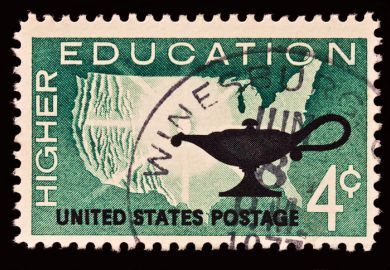The academic field of international relations ignores the Global South and is limited by its reliance on the English language, a South African humanities scholar has argued.
Peter Vale, professor of humanities at the University of Johannesburg, made the argument in a memorial lecture at Aberystwyth University on 14 March.
The discipline does not see the world outside of Europe and the United States as “having an independent role or agency in the [global] system”, he explained to Times Higher Education after the lecture, which commemorated the historian and international relations scholar Edward Carr, who once held a professorship at Aberystwyth.
The subject of international relations developed within what Professor Vale called the “knowledge courts” of the Global North, and so “its universe was Europe and the US,” he argued.
It is “totally preoccupied with the European state system. Everything else is seen as peripheral,” he said.
However, with the rapid economic growth of the so-called Bric nations (Brazil, Russia, India and China) this might be changing, he continued.
Professor Vale also argued that international relations, as a subject, was mainly conducted in English, but this meant it could be missing out on different sets of assumptions about the world that were embedded in other languages.
“English is a terribly hierarchical language. I think English…is increasingly a technical language,” he said, and as a result the discipline had itself become technical, which “turns international relations into a series of contractual relationships between people.”
The lecture is set to be published in the journal International Relations later in the year, Professor Vale said.




